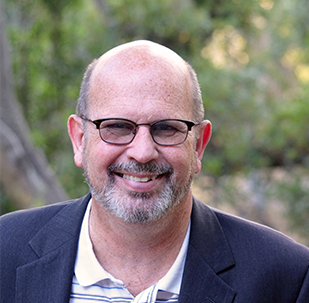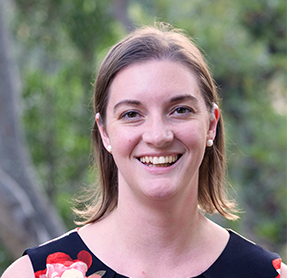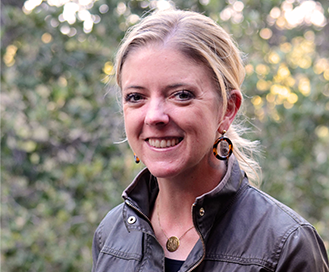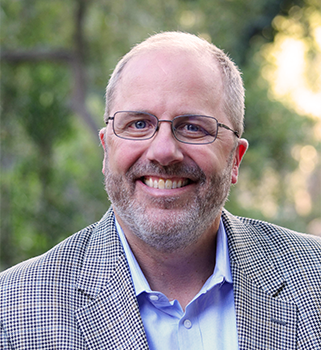How do Residential Programs Prepare Adolescents for Independent Living?
It’s a great question, and one that Hope Institute’s Transition to Independence programming answers. Successfully moving from life in residential care to independent living is no small step. These children have known safety and stability only within the very limited context of a residential program. Living independently and self-sufficiently as a young adult takes a very different skill set than does living within the larger culture of a residential campus.
Hope Institute’s Transition to Independence training focuses on helping residential leadership develop comprehensive programming to provide a foundation for success upon aging-out. High-risk OVC face very particular problems as they prepare to transition back into their communities. Organizations that provide transformation care must give aging-out adolescents the tools they need to make this transition successfully.
We work alongside you to design a program that answers the critical questions your graduates have.
Successful transitional training does not start in the months before graduation, but in the years a child is on campus. Life skills, understanding relational dynamics, becoming part of a larger community, developing a work ethic, and managing a home are just part of the skill set necessary for a young adult to live independently. Hope Institute’s Transition to Independence training gives special attention to helping organizations develop continuing care programming for their graduates.
Contact us to learn more about our Transition to Independence training.













